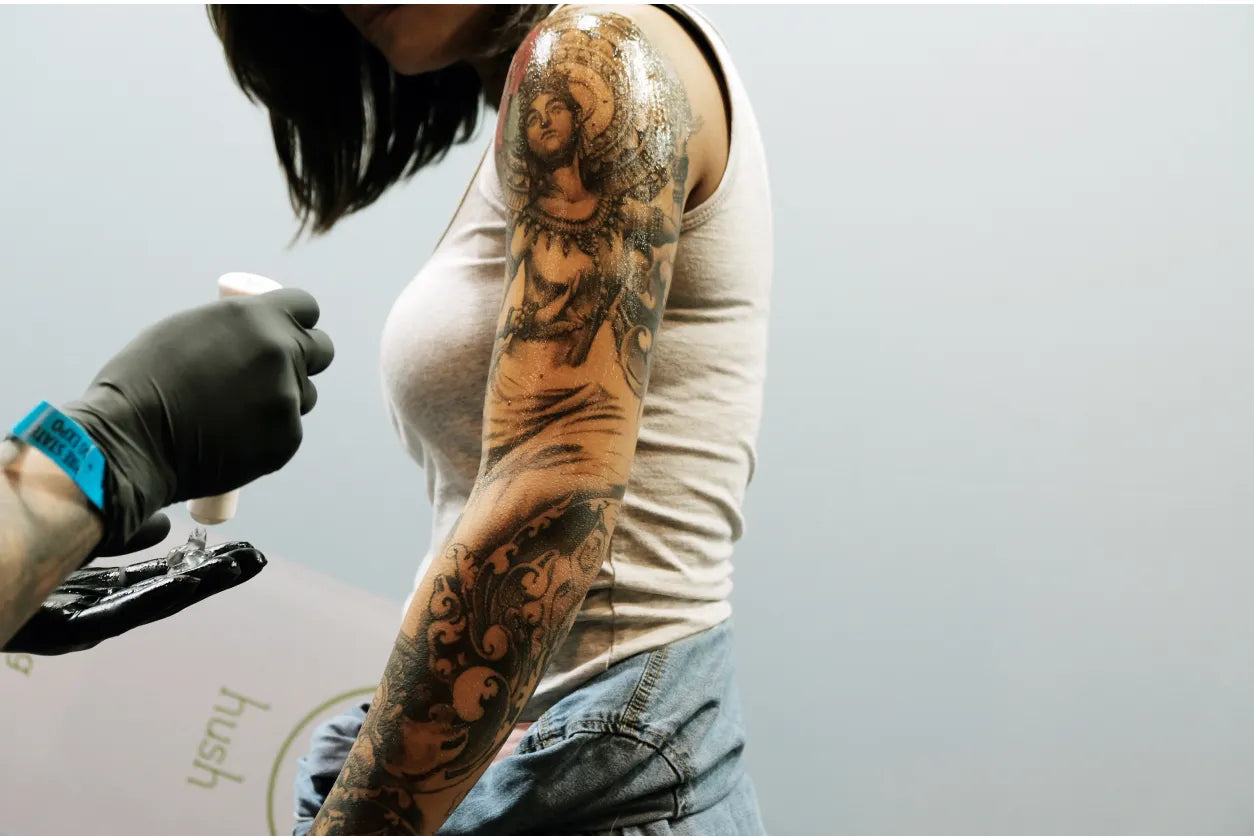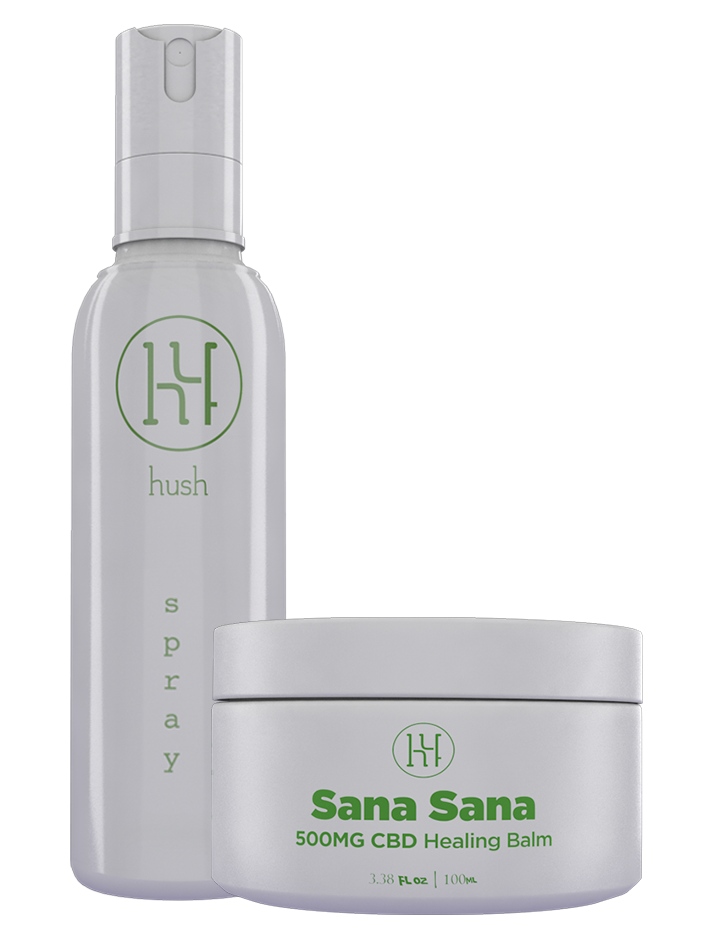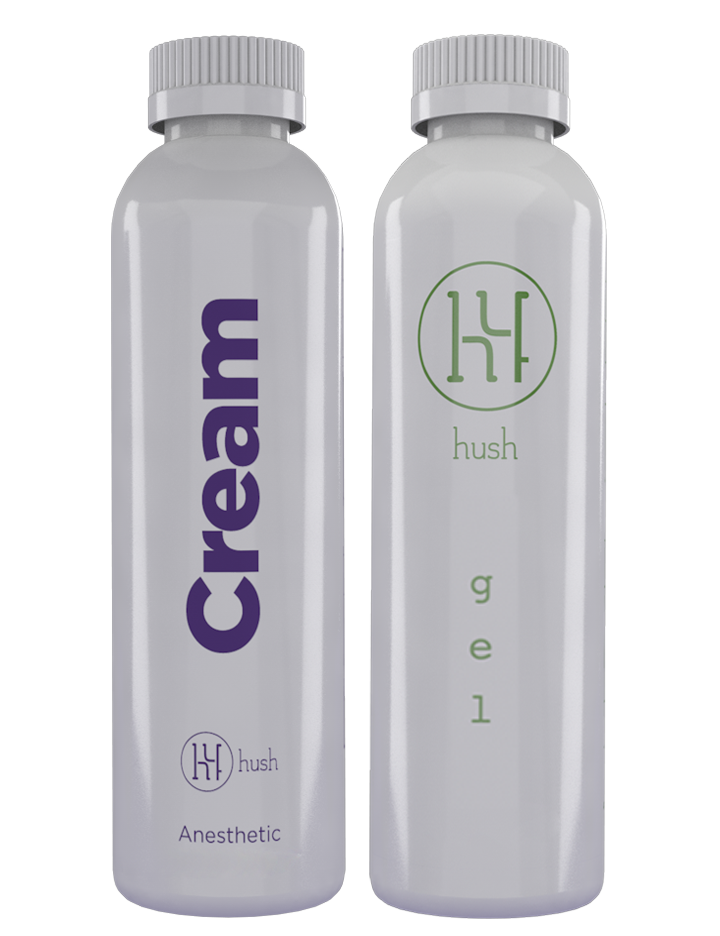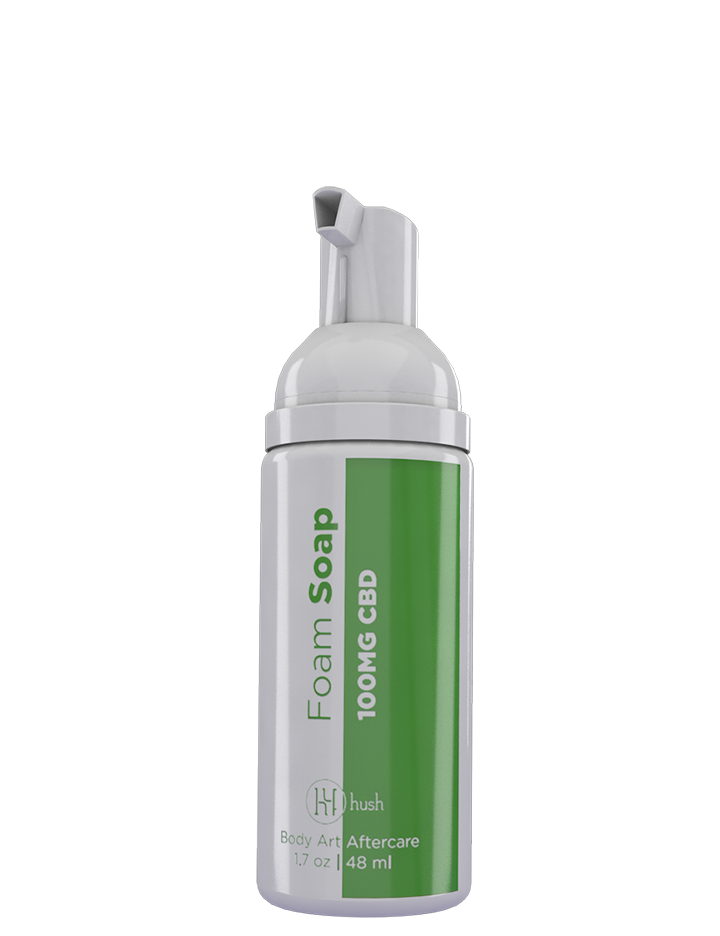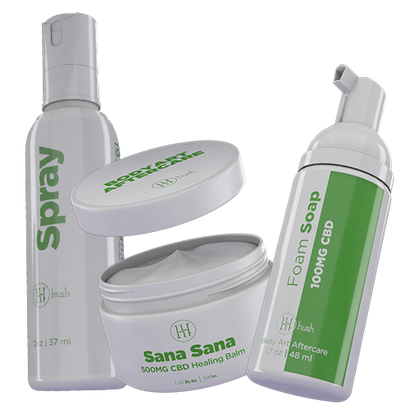
$45.99
You might have some reservations about getting a tattoo if you have sensitive skin. Smart thinking! Doing a little more research before you make such a big commitment never hurts.
People with sensitive skin can have a slightly different tattoo experience and may require a little special aftercare. Here’s what to know before you take the plunge.
Can People With Sensitive Skin Get Tattoos?
People with sensitive skin can (and often do!) get tattoos. Your skin may be a little angry with you for a few weeks, but it’s nothing that a little bit of special aftercare won’t fix.
Some temporary redness, itchiness, and prolonged swelling are normal with new tattoos on sensitive skin, but they aren’t necessarily a huge problem.
You might experience increased discomfort throughout the tattoo process if you have sensitive skin. That’s where numbing products come into play. You’ll find the experience a lot more bearable if you prep by numbing up.
Can I Tattoo Over a Skin Condition?

If you have a skin condition like eczema or psoriasis, you shouldn’t tattoo over it. A tattoo can make flare-ups or breakouts much worse.
A flare-up of a skin condition can prevent a tattoo from healing correctly or prevent ink from depositing into the skin. It’s best to avoid areas of your body where you have experienced breakouts before.
Most people with eczema or psoriasis rarely experience flare-ups on their forearms, calves, or the front of their thighs. These places are excellent tattoo real estate.
You have plenty of great options for a tattoo of any size. Just ensure you get the green light from your dermatologist before booking an appointment. If the doc says it’s a no-go, it’s best to listen.
Is the Tattoo Technique Different for Sensitive Skin?
Every kind of skin works the same way. The skin is composed of several layers, and an artist will always use the same type of sterile needle to deposit the ink between the layers of the skin in the same place. That’s how a tattoo stays forever.
The technique won’t differ for people with sensitive skin, but the materials the artist chooses may vary. Some types of tattoo ink are formulated with sensitive skin in mind, although no tattoo ink can truly be hypoallergenic. Artists will choose products formulated for sensitive skin, like special soaps and ointments, throughout the tattoo process.
Can You Be Allergic to Tattoos?
You can be allergic to tattoo ink, whether or not you have sensitive skin. Most people with tattoo ink allergies find that red ink produces the strongest reaction due to the source of its pigment, but ink of any color can produce an allergic reaction.
If you have many allergies or are concerned that you may have a tattoo ink allergy, an artist can tattoo a tiny test spot in an inconspicuous place. Test spots are usually very small dots surrounded by open space.
You can evaluate the way these test spots heal. If it turns out you’re allergic to tattoo ink, you’ll only need to deal with the reaction in a very small area.
How To Spot Signs of a Reaction to a New Tattoo
Some people with sensitive skin may experience increased sensitivity around the area of their tattoo. The surrounding skin may appear pink or red. It may be tender or itchy for a little longer than most healing tattoos.
If you have sensitive skin, your tattoo may be more prone to irritation. It’s important to choose dressings, cleansers, and ointments wisely. Keep your skin’s needs in mind and choose tattoo care products that won’t irritate the area any further.
Tattoo Aftercare Is Important for People With Sensitive Skin

If you have sensitive skin, you’ve probably already found a bunch of stuff you can’t use. You need to be picky with lotions, soaps, and even perfumes.
You might need special laundry detergent. We don’t need to preach to the choir here. You know how your skin reacts to stuff, and you probably have a list of safe go-to personal care products that work well with your skin.
There’s only one issue: if this is your first tattoo, you probably don’t have a list of go-to tattoo aftercare products. You can’t use most of the soaps and lotions you use regularly to help your tattoo heal. A tattoo is even more sensitive than the rest of your skin and needs special care.
It’s important to avoid products that contain harsh detergents, artificial colors, dyes, or artificial fragrances. They’re all recognized as irritants, and people with sensitive skin are more likely to experience the irritating effects than people with skin that’s a lot less finicky.
We went ahead and made it easy for you. Our collection of tattoo aftercare products utilizes the power of naturally derived ingredients to soothe the skin and support it through the healing process.
CBD and active botanicals create a protective barrier that allows your skin to continue its natural healing process. As a bonus, our numbing products can help to take the stingy, itchy feeling away from a healing tattoo. Lidocaine works to turn down the pain’s volume while your body works through the stages of healing.
The Final Word on Tattoos and Sensitive Skin
People with sensitive skin can usually get tattoos with few issues or minimal side effects. If you’re worried, ask your artist for a patch test to see how your skin reacts to the ink. You’ll know what to expect before you commit to a huge piece.
The products you use to care for your tattoo will have a huge impact on the healing process and the way your skin reacts. You should always choose products formulated to soothe delicate skin. We hate to toot our own horn (toot, toot), but ours really fit the bill.
Sources:
Tattoo You: Immune System Cells Help Keep Ink In Its Place | NPR
Contact Dermatitis: Symptoms, Causes, Types & Treatments | Cleveland Clinic
